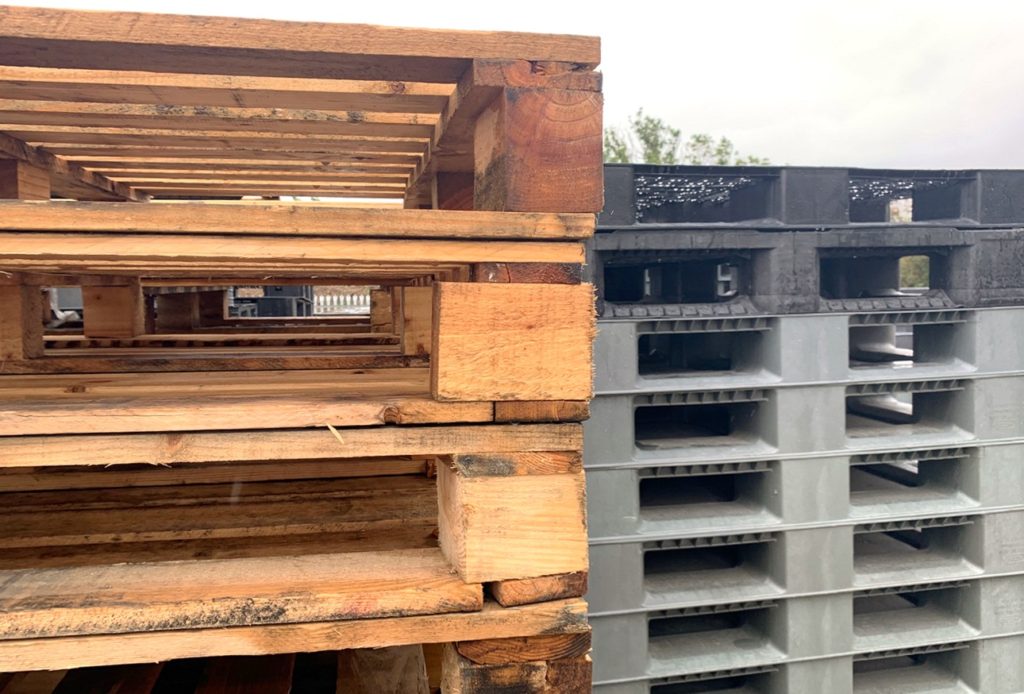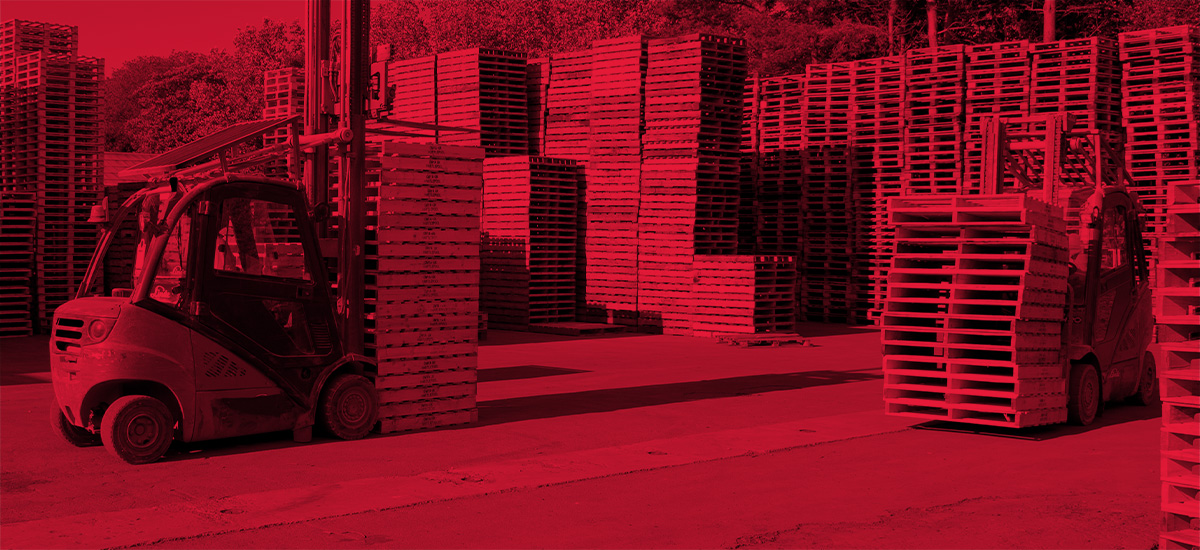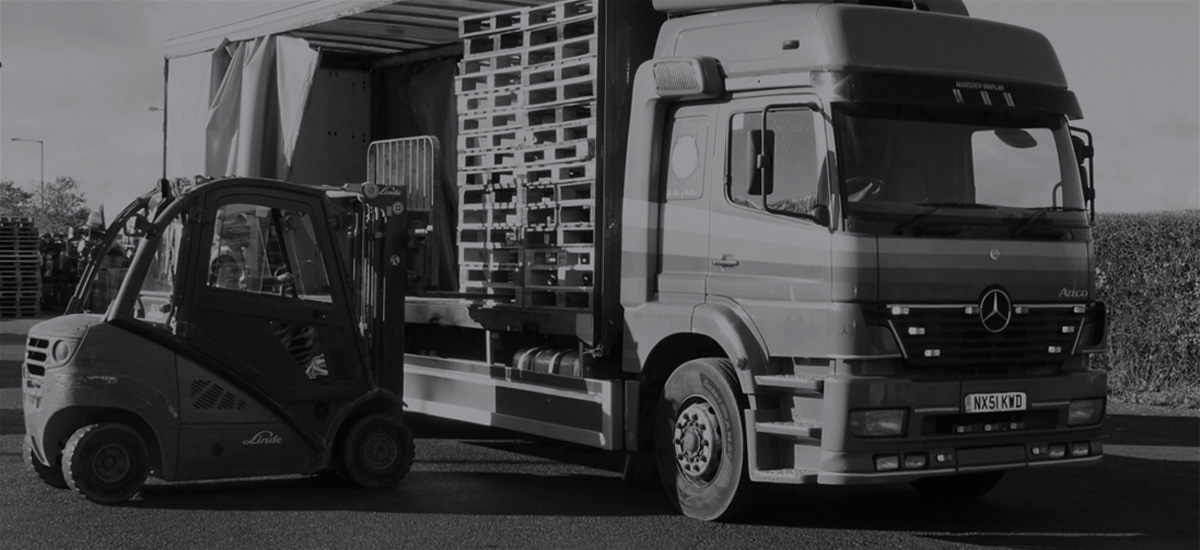At RPS, we know how important it is to be aware of the environment and we incorporate sustainability into everything we do. As part of ‘Plastic Free July’, we have compared the advantages of using wooden pallets instead of plastic and how it can benefit your business.
For starters, let’s talk money. Despite a worldwide increase in timber prices, wooden pallets continue to be more cost-effective compared to plastic pallets. Dependent on the specification and pallet sizes, some wooden pallets are more than half the cost of a plastic counterpart. At a time when costs are everything, this makes wooden pallets a more economical option.
During transporting, collecting and unloading, packaging can often become damaged. Wooden pallets can be easily repaired for reuse and sent back out on the road in no time at all. Plastic pallets cannot be easily fixed in the same fashion which in turn means they would need to be replaced after ant significant damage. The cost of these replacements can soon add up.

How can pallets be recycled? Wooden pallets can be repaired numerous times to extend its working life for as long as possible. When a pallet can no longer be fixed, they can be shredded and the wood recycled into new products such as animal bedding, or used for biomass feedstock. Plastic recycling has improved massively over recent years, however plastic pallets may pose some difficulties in recycling which is not ideal when implementing sustainable packaging solutions.
In recent years, studies have been conducted to determine whether plastic or wooden pallets are more hygienic. Research confirmed that germs live longer on plastic while wood has natural antibacterial properties, making them a more suitable option for transporting hygiene-sensitive products. This adds further credence that wooden pallets are a more sustainable option.
Wooden pallets do provide several benefits compared to plastic, however there will be a place in some industries for plastic pallets to be used. At RPS, we focus on wooden pallets due to their durability and extensive lifetime. For ‘Plastic Free July’, we would like to hear your thoughts on which type of pallet you believe is best. Please get in touch or contact us on Twitter, @RPS_Limited.







